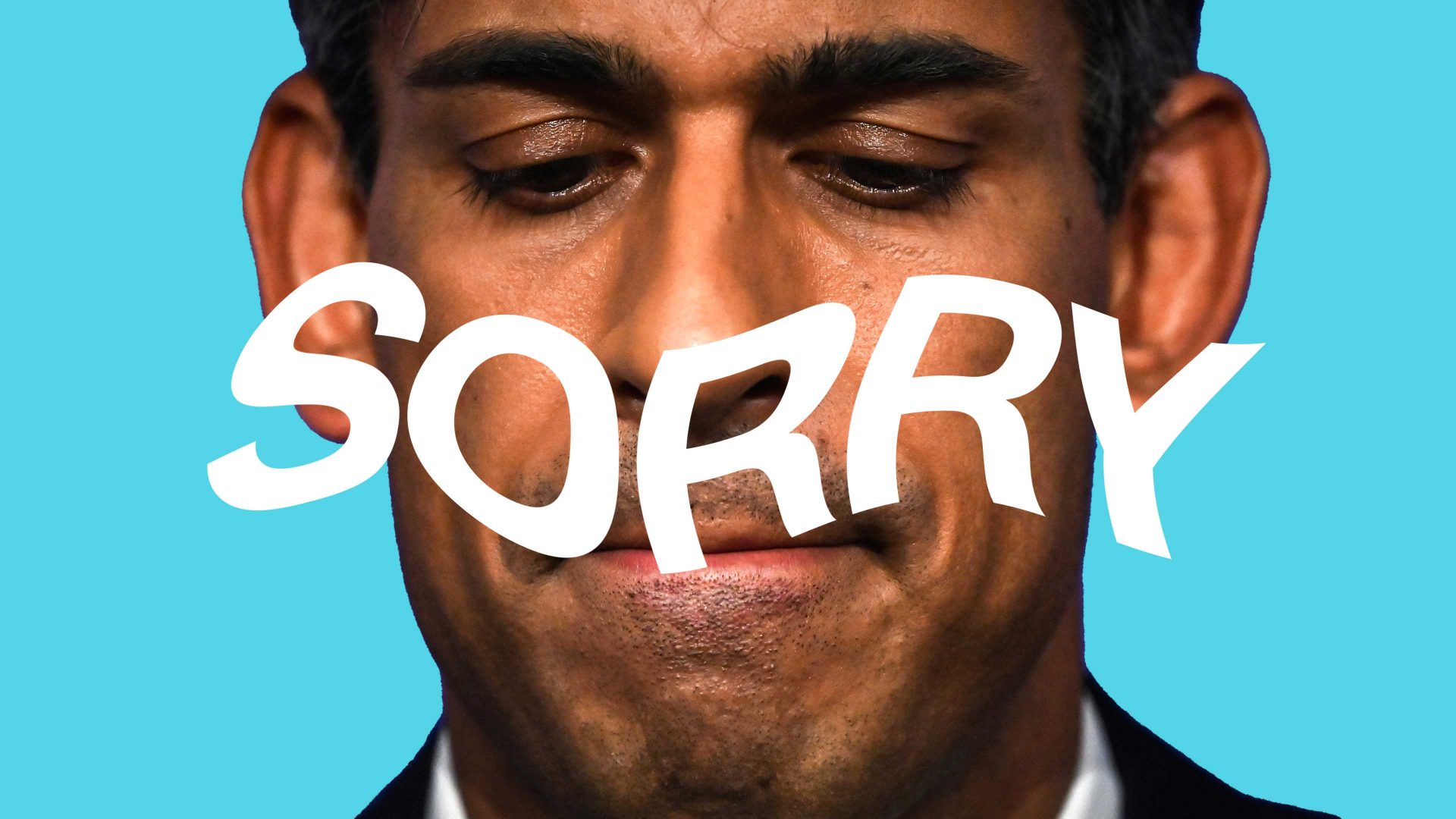In the 1949 movie She Wore a Yellow Ribbon, John Wayne, in the character of Captain Nathan Cutting Brittles, silences a junior cavalry officer by delivering the macho line: “Never apologise, mister, it’s a sign of weakness”. Rishi Sunak seems to have taken that false philosophy to heart. Last week, with Brianna Ghey’s mother in the public gallery, and only shortly after Keir Starmer had praised her bravery in the face of psychological pain, Sunak made a poor joke about Starmer’s inability to define what a woman is. Brianna Ghey, a 16-year-old who was transgender, was murdered just over a year ago, stabbed to death in a park in Cheshire by two other teenagers in a premeditated attack. Her murderers both received life sentences earlier this month.
Timing is not Sunak’s forte. But perhaps he was reading a script that had been written without consideration of who might be in the public gallery when it was delivered. Yet he has since had many opportunities to apologise for the offence that he certainly caused. There’s widespread agreement that a comment he might have got away with in a different context was completely inappropriate in earshot of a woman whose daughter had been brutally murdered in an attack that had a transphobic element. Yet rather than apologise, he has gone all John Wayne, and stuck to his guns. Perhaps he is playing to a different imaginary gallery, a gallery filled with transphobes. Let’s hope not.
Apologies come in different forms. The classic apology is when an individual has done something wrong that harms someone else, admits their responsibility, and tries to make amends by a verbal acknowledgment of guilt. It’s a performative utterance in the philosopher JL Austin’s sense, a way of doing something with words. By sincerely uttering the words “I am sorry”, the person apologising is not just stating something that is true, but performing an act of apology, a kind of ritual of public admission of culpability. Just as when the right person says “I name this ship Queen Elizabeth ll” they actually name a ship by speaking those words, or a person who declares “I promise to tell the truth” promises in saying that out loud, the person uttering the words “I am sorry” in the right context apologises. This kind of public admission of shortcoming, usually addressed to the person who has been harmed, is an important element of civility. It gives others the chance to accept or reject that apology, but at its heart has the recognition of wrongdoing and appeals to the common feeling that we are all fallible to a greater or lesser degree, and that we can improve the situation by recognising our shortcomings.
It’s also possible to apologise without accepting full culpability. That might take the form “I am sorry that what I said hurt your feelings” or “I am sorry, but…” This kind of acknowledgement can have value too: it goes some way to recognising the negative effect of one’s words or actions on other people, without going so far as accepting full moral blame. Public apologies for the trade in enslaved people are today apologies made by those who aren’t themselves culpable for that trade; yet such apologies have great symbolic value, in that they acknowledge the immense harm and suffering perpetrated by ancestors of those who apologise, or by people who have indirectly or perhaps even directly benefited from an obviously immoral and brutal treatment of other people.
There are also insincere apologies, apologies that are uttered but not meant. There can be many different motives for insincere apologies, but even these can still be better than nothing as they are an implicit recognition that etiquette requires some kind of public quasi-apology in the circumstances. They can be a pragmatic solution to avoiding escalation, a way of moving on.
Aristotle argued that any moral virtue lies between two extremes. In this view, it is possible to apologise too much and also too little. What we need, though, is something in the middle. Someone who neurotically apologises for everything they do, every possibility of having offended someone else, ends up by just being irritating.
At the other end of the spectrum, the Captain Brittles and the Sunaks of the world may think they look strong, but they’re far weaker than those who apologise when appropriate. They look stubborn, insensitive, and arrogant. Sunak could still make amends with a late apology, of course, but I bet you a thousand pounds he won’t.



